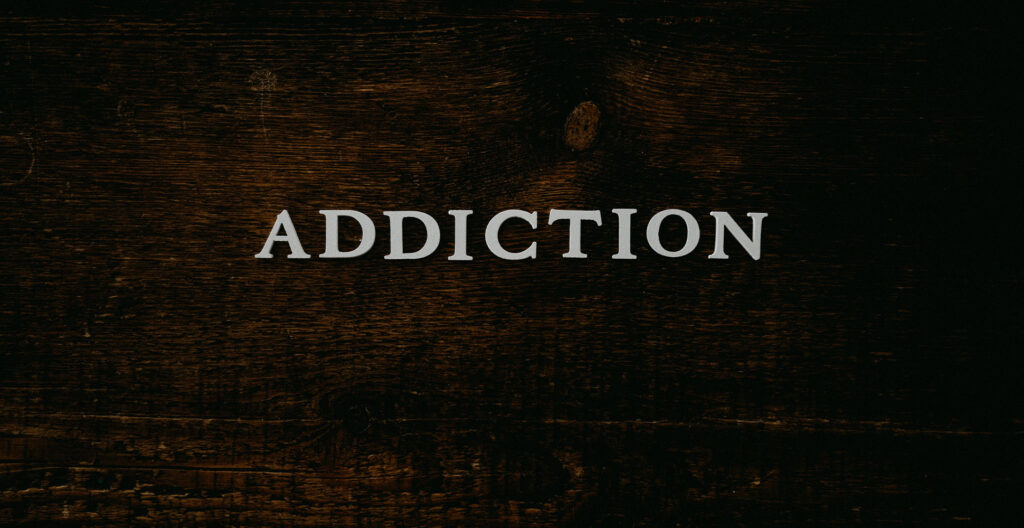Addiction 101 – What is it & What Causes it?
A vital part of dealing with addiction, whether it’s you own, or someone else’s is to acknowledge the problem. But it can be difficult to admit to a problem that isn’t understood and mostly dismissed by society and family and friends.
In short, all addictions come down to mental health problems driven by a plethora of triggers, environmental circumstances and physical health, particularly the brain’s chemical balance.
Despite the destructive nature of addiction, recovery is very possible for any addict.
Addiction isn’t only about Substances
If we look at drug addiction on its own, the 2019 World Drug Report estimated that around 35 million people globally suffer from a drug use disorder. That number only touches the surface, though, because addiction is much more than drug or alcohol use. Behavioural addictions are just as commonplace, if not more so – but they’re difficult to identify and comprehend.
It’s much easier to recognise substance abuse because the actions and results are more apparent. However, when it comes to behaviour, few are willing to see it as a mental health issue and sufferers are left feeling anxious, guilty, and misunderstood. These emotions are a further trigger, and they sink deeper into the problem and become more secretive.
Also known as non-substance addictions, they can include addiction to:
- Food
- Gambling
- Gaming
- Internet
- Sex/pornography
- Shopping
- Work
People can’t just ‘Snap out of it!’
One of the biggest misconceptions is that addicts can just stop and get over themselves. They can’t! Not without the support of their family and friends and professional help. The most significant barrier to helping addicts work through their problems and finding recovery is the fear of social stigma.
Mental health is still widely misinterpreted, and people focus on the addict’s conduct and the consequences rather than the underlying cause. Often the problem gets swept under the carpet because acknowledging them can draw attention to deeper family issues like abuse, for example.
Then there’s also generational addiction where families have a long history of substance or alcohol abuse. Mounting research indicates that addiction can be hereditary with some scientists estimating that genetics can account for 40% to 60% of a person’s vulnerability to addiction.
It’s Complicated but not Incurable
When we can look away from social stigmas or potential blame and focus on underlying issues, we can get the right help. Because addiction manifests in various ways and often in combinations of more than one behaviour type, each case must get handled individually.
Despite society’s reluctance to accept addiction as a disease, there are more and more support options available to addicts and their families. Rehab, outpatient treatment and one-on-one therapy sessions has seen countless addicts come to grips with their condition and move on to live healthy and happy lives.
Healing from the trauma of addiction needs a long-term plan, however, and commitment from the addict and support from friends and family is crucial. And there are tools to help with that as well. Anonymous groups like AA/NA and many more now run worldwide online meetings to overcome social distancing challenges and they’re also really convenient now that we know of them.

